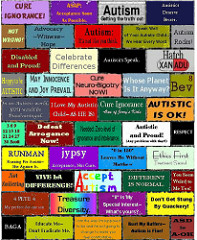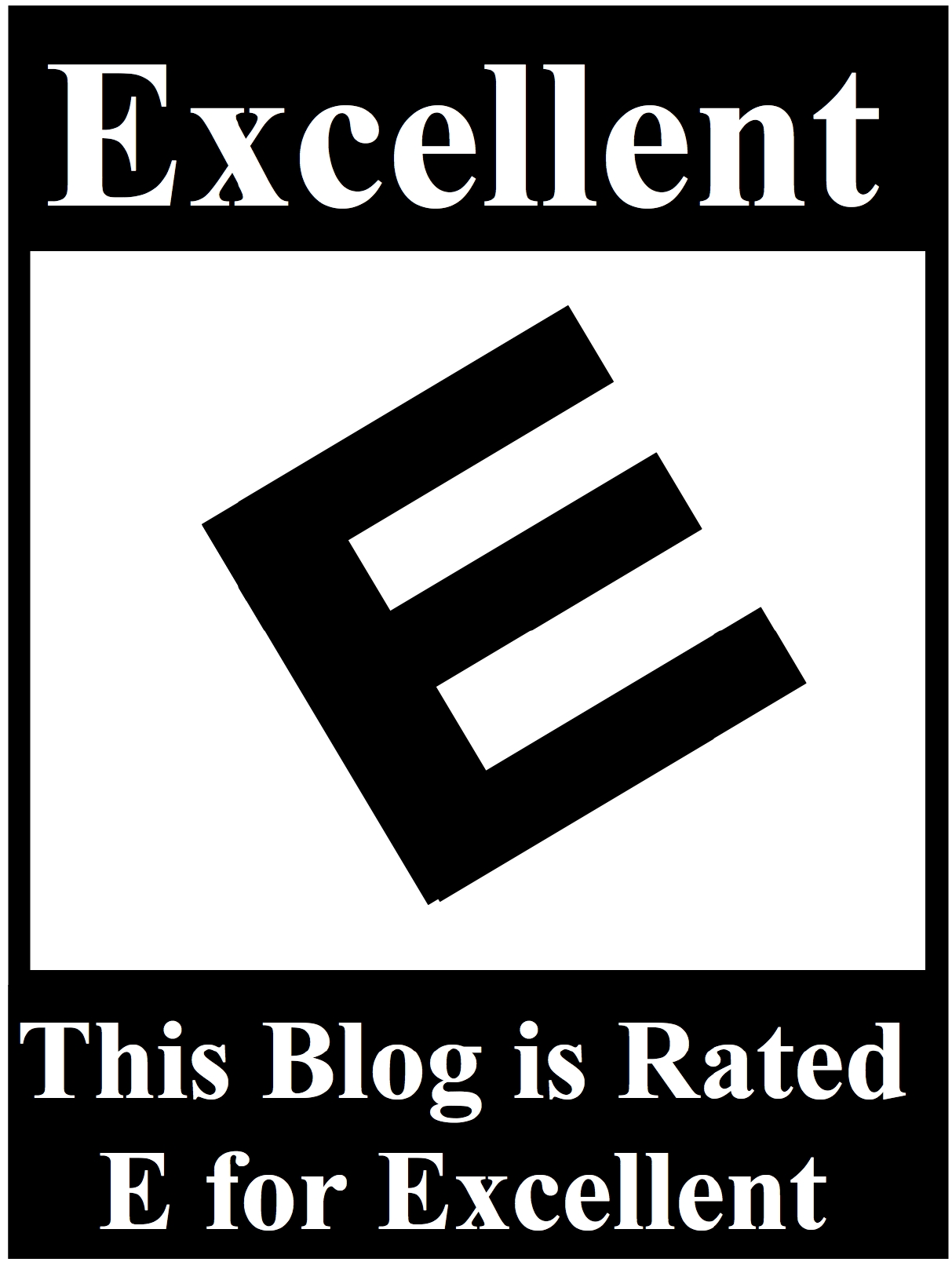They lied.
One sentence; two words. Together, two very powerful words.
As the beginning, those two words beg more questions than they answer. Who lied? What about? To whom? When, where, and why?
In my head, those two words are dark, hard and cold. They stand as a stark, heavy monolith deeply incised with a single thought, an ideogram chiselled into dark igneous stone describing the tyranny of verbal abuse. It stands as a marker of the border between myself and others.
“You think you’re so smart; how come you can’t do the simplest little thing?”
“Stop squirming; it can’t be uncomfortable. Everybody else wears them.”
“Why should you need help? No one else needs help. Quit being a whiny brat.”
“Earth to Andrea … Hey, space cadet!”
“Okay, hand your paper over; let’s see how many mistakes you made this time.”
“If you just stood up straight, you might be kind of pretty — oh, now quit sticking your chest out like it’s something special!”
“Ha-ha, look whose turn it is! Easy ‘out’, easy ‘out’! We win!”
“What? You know who that is — she’s our next-door neighbor; you’ve known her for years. Don’t you pay attention to anything?”
“Hey, Stupid! Ha-ha, made you look!”
“Why are you always needing new shoes! Can’t you just wear them without getting them full of holes? And look at your glasses — how did you get them bent out of shape? I swear, you do this just to make my life more difficult. What-the-hell did I do to deserve this, huh?”
“What you lookin’ at — you some kind of freakin’ fairy?”
“My god, can’t you even walk across the room without tripping over your own feet?”
“You know the day after you’ve finished school, you’d better find a job to support yourself. If anyone will even take you — you don’t know the first thing about work!”
“You’re such a fucking idiot!”
There’s more of course. Years’ worth.
“Who the hell are you to complain? You’re no one special.”
“Damnit Andrea, you know what your problem is? You don’t have any self-confidence! That’s just so pathetic!”
Oh, just shut up already.
What’s even more alarming is that after a lifetime of feeling alone (and clumsy, and stupid, and ugly, and unwanted, and generally picked-upon, and expected to achieve but refused the tools for doing so, and simultaneously dunned for having problems but also not having those problems acknowledged to receive any kind of accommodation for them), one finds a small horde of others who have borne much the same. In a small, twisted way it’s a bit of a relief, because one realises it’s not just me. It’s not because I was the sole “retard” or bad apple in the whole educational or neighborhood social system, and thus “deserved” to be treated that way, by some horrifying and insidiously pervasive system. On the other hand, one really, really wouldn’t wish such things on anyone else.
In his blog, Chewing the Fat, Dave Hingsburger posts about “Enough”, where he wonders how much acclaim or positive feedback will be enough to refute the lifetime of insults.
The answer is None. Not because the accolades he receives aren’t well-deserved, but because it’s not the right question.
It will never be “enough” for as long as you are seeking affirmation from others to create your own self-worth. This thought process is like a rickety shanty protecting one against harsh weather, where a single negative response will nullify all the previous positive ones and tear down the meagre defense and knock you flat.
You will truly know that you are Okay, not just a worthy and successful human being, but also one equally worthy of expecting respect, when the response comes from within yourself, from finding your own bedrock that weathers the storms.
Now, we rely upon getting feedback from others because that serves as a system of checks and balances about our (self-)perceptions. Feedback keeps us from getting too cocky or depressed or just totally losing a grip on whatever this thing is that we call “reality”. But even then we have to judge the quality of that feedback. And this, this ability to evaluate the integrity of others’ responses, is what we naturally lacked in our youth. After all, what did we know? One should not denigrate a child for their natural ignorance; it’s a child’s job to play, learn and grow. But people should help and guide children to do and achieve those things. There are good distinctions between being selfish and being self-centered, between being vain and being proud, and between being stupid and being naïve.
One way of going about that is to evaluate the various negative and positive lines you’ve heard over your life, from both intellectual and emotional perspectives. From what kinds of bases did those negatives arise? Were they realistic or compassionate? I doubt so. What about the positive messages? Did they arise from your actual achievements, and your innate good qualities?
We must also get beyond the point of going around hurt and angry, with a giant chip on the shoulder because the world is full of mean, hurtful bastards. The fire of anger can be cleansing, but it can also eat up one’s heart. This is also a part of growing up, just as was overcoming the naïveté. We must go from being against something (and someone) to being for things. Just being against something is a weakness, because it requires us to have the “against” remain in some form in order to have self-identity. It also threatens to swallow us into a different kind of hell that’s just as bad as the one we left; we end up becoming much like that we despised.
Being for something is much more adaptable, and adaptive. It creates a healthy niche socially, and heals our hearts. If you search for mean, hurtful bastards, you will never lack for finding them. And if you seek generous, helpful people, you will find them in good supply, too. It may seem more difficult to find them on the radar at first, because after a lifetime of abuse your search images for bastards are more highly developed than those for the Menschen, the good people. Having been through such pain, we can figure out not only what not to do, but also what to do, and what people really need. This is creating the value in experience.
It’s not easy. Every living person is a work-in-progress. Perhaps our self-images depend partly on whether we view humans as being intrinsically evil and needing redemption against original and ongoing sins, or whether we view humans as being intrinsically good and needing bolstering against the slings and arrows of outrageous fortune, or lastly, whether we view humans as being neither inherently good nor evil, simply as people struggling to meet their needs, from basic physical needs through self-actualisation needs. I take the third view, not wanting to be hemmed into a world-view that limits everything to such binary classifications, being either good or bad, either for or against. The real world is far too complex for such simplistic schemas.
I am.
One sentence; two words. Together, two very powerful words.
I’m generally okay, and am sometimes not-okay. I excel at some things, and do poorly at others. I may in some ways be two or three deviations from the statistical mean, and that’s okay too, for how else would others know they are average? Besides, it truly takes all kinds to make a world.
I want to make the kind of world where we help each other, each working at what we do best. To that end, we now focus on acknowledging and sharing our strengths.








Michelle Sarabia said,
9 September 2007 at 3:53
A wonderful portrait of so many of our childhoods… and the pathway toward ongoing growth toward healing that many of us have found. Thank you for the truth set in an incredibly beautiful, powerful masterpiece! “G-d is closest to people with broken hearts…”
Karen Putz said,
20 June 2007 at 2:01
“It truly takes all kinds to make a world,”– yes to that!
Connie said,
18 June 2007 at 22:28
Yes you are. And “I am” too. Nice to *meet* you Andrea.
rampracer said,
14 June 2007 at 14:06
Great post with much wisdom –
Sally said,
10 June 2007 at 8:34
This encapsulates years of intense self work in therapy. To come out the other side and find it so intensely knowingly written. Thank you.
sharon said,
3 June 2007 at 11:00
This is amazing and true. Thank you.
wheelchairdancer said,
3 June 2007 at 5:44
mmmm. yes!
WCD
Dave Hingsburger said,
2 June 2007 at 23:50
Thanks, Andrea, I found much in here that spoke directly to me. There is nothing more to say.
Bev said,
2 June 2007 at 23:24
Stunningly beautiful, unequivocally true. Not that you need this reinforcement, but thank you, Andrea.